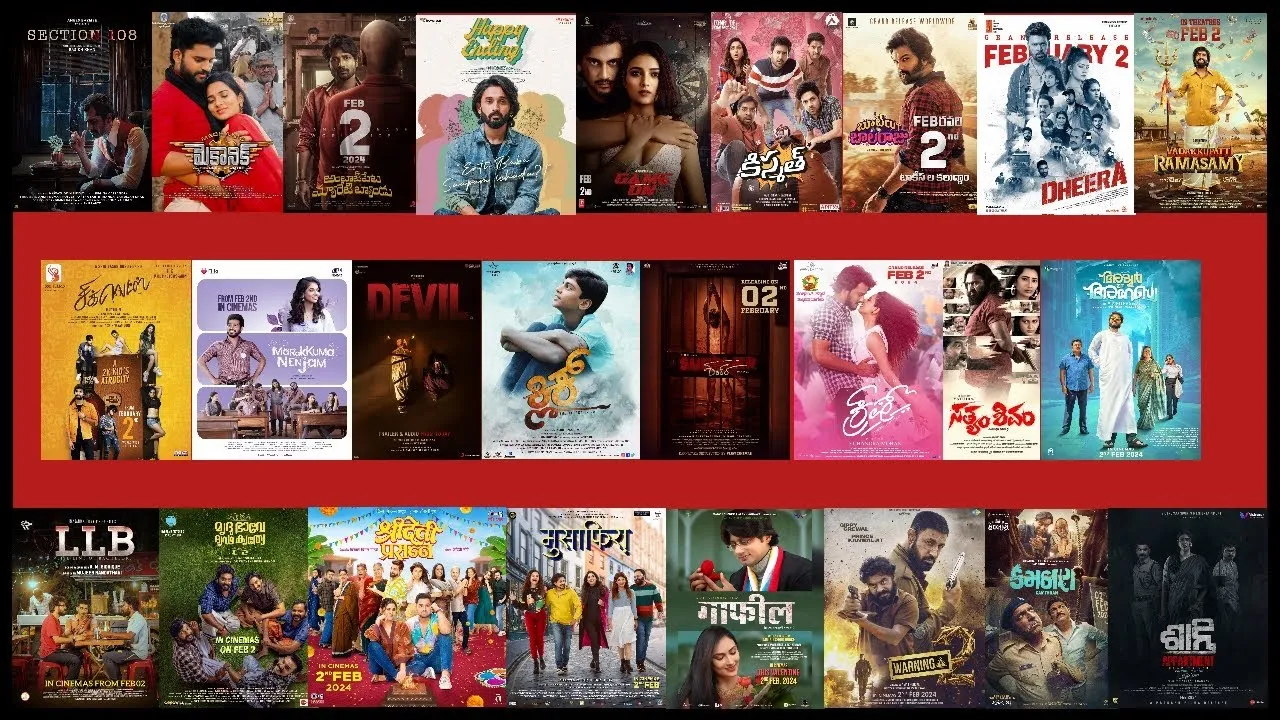In an era dominated by digital entertainment, are we inadvertently fueling the shadowy corners of online piracy while seeking our next cinematic fix? The proliferation of illegal movie download sites is a stark reality, threatening the very foundation of the film industry and the livelihoods of countless artists and technicians.
The ease with which copyrighted material can be accessed online has created a complex ethical dilemma for viewers. While the allure of free content is undeniably strong, the consequences of engaging with these platforms are far-reaching, impacting not only the financial stability of production companies but also the quality and diversity of films available in the long run. The constant cat-and-mouse game between copyright holders and piracy websites continues, with each innovation in security measures met by an equally ingenious circumvention technique.
One prominent example of this ongoing battle is the presence of sites like Moviesda, a notorious platform known for leaking Tamil, Telugu, Kannada, and Hindi movies. These websites allow users to download films without paying for them, representing a direct violation of copyright law. While the immediate benefit to the user is obvious, the long-term damage to the film industry is significant. The financial losses incurred by studios and production companies can lead to reduced investment in future projects, potentially stifling creativity and innovation.
- Discover Montana Jordan Impact Amp Achievements Unveiled
- Explore Sally Struthers Impact Tv Activism Amp Why She Matters
The challenge extends beyond simply shutting down these websites. As soon as one site is taken offline, several others emerge to take its place. This hydra-headed problem requires a multi-faceted approach, including stricter enforcement of copyright laws, increased public awareness about the ethical implications of piracy, and the development of more affordable and accessible legal streaming options. Many argue that the high cost of legal streaming services drives some consumers to seek out free, albeit illegal, alternatives. Finding a balance between protecting intellectual property rights and providing affordable entertainment is crucial.
Furthermore, the issue is not confined to a single region or language. The global nature of the internet allows piracy websites to operate across borders, making it difficult for law enforcement agencies to track them down and shut them down. The anonymity afforded by the internet also emboldens those who run and contribute to these sites, making it challenging to hold them accountable for their actions.
The ranking of films based on worldwide collections, as reported by organizations classified as "green" by Wikipedia, is also affected by piracy. These rankings are often used to gauge the success of a film and influence future investment decisions. However, if a significant portion of the audience is watching the film through illegal means, the reported box office figures may not accurately reflect the film's true popularity. This can lead to skewed perceptions of a film's success and potentially misguide future investment decisions.
- Anant Ambani Height The Intriguing Truth Revealed 2024 Update
- Decoding Pax Thien Jolie Pitt Meaning Amp Context Analysis
Another well-known player in the piracy landscape is Tamilrockers. This website, like Moviesda, has been a persistent thorn in the side of the Tamil film industry for years. Despite numerous attempts to shut it down, Tamilrockers continues to operate under different domain names and IP addresses, providing users with access to pirated movies and TV shows. The site's ability to evade detection and maintain its online presence is a testament to the challenges faced by copyright holders in the digital age. Tamilrockers' operations extend beyond just offering downloads; they also provide links to stream content, further complicating efforts to combat piracy. The use of proxy servers and VPNs makes it even harder to trace the source of the illegal content.
Staying informed about Tamil film release dates, trailers, teasers, and reviews is essential for film enthusiasts. Websites like Filmibeat provide a valuable service by offering up-to-date information about the Tamil film industry. However, it is crucial to distinguish between legitimate sources of information and those that may be associated with piracy websites. Many piracy websites will try to lure users in by offering access to trailers and teasers, hoping to then entice them to download the full movie illegally. Therefore, it is essential to rely on trusted sources for film-related news and updates.
Sites like Isaimini.com, which offer Tamil movies for download and streaming, often present themselves as legitimate platforms while simultaneously providing access to copyrighted material. These websites typically feature a wide selection of movies, categorized by actor, genre, and release date, making it easy for users to find what they are looking for. However, the convenience and accessibility come at a cost, as these sites contribute to the erosion of copyright protection and the devaluation of creative work. The operators of these sites often employ sophisticated techniques to mask their identities and evade detection, making it difficult for law enforcement agencies to take action.
The fight against online piracy requires a collaborative effort involving copyright holders, law enforcement agencies, internet service providers, and consumers. Copyright holders need to continue investing in technological solutions to protect their content and make it more difficult to copy and distribute illegally. Law enforcement agencies need to work together across borders to track down and prosecute the operators of piracy websites. Internet service providers need to take steps to block access to these sites and prevent them from operating on their networks. And consumers need to be educated about the ethical implications of piracy and encouraged to support legitimate sources of entertainment.
Ultimately, the future of the film industry depends on our collective commitment to protecting intellectual property rights and supporting the creative work of filmmakers. By choosing to watch movies through legal channels, we can help ensure that the film industry continues to thrive and that future generations have access to a diverse and high-quality selection of films.
The pervasive nature of online piracy necessitates a continuous evaluation and adaptation of strategies to combat it. Stricter regulations and international cooperation are essential to dismantle the networks that facilitate the illegal distribution of copyrighted material. Furthermore, empowering consumers with knowledge about the detrimental effects of piracy on the creative industry is crucial in fostering a sense of responsibility and ethical consumption. The accessibility and affordability of legal streaming platforms play a pivotal role in discouraging users from seeking unauthorized sources. Only through a concerted and sustained effort can we hope to mitigate the impact of piracy and safeguard the future of filmmaking.
The ethical considerations surrounding online piracy extend beyond the immediate financial implications for the film industry. The devaluation of creative work undermines the incentive for artists and filmmakers to invest time, effort, and resources into producing high-quality content. When films are freely available through illegal channels, the creators are deprived of fair compensation for their work, which can discourage them from pursuing future projects. This can lead to a decline in the quality and diversity of films available to audiences in the long run. Moreover, piracy often involves the distribution of low-quality copies of films, which detracts from the viewing experience and diminishes the artistic value of the work.
The fight against online piracy is not merely a matter of enforcing copyright laws; it is also a matter of preserving the integrity and vitality of the creative arts. By supporting legitimate sources of entertainment, we are investing in the future of filmmaking and ensuring that artists and filmmakers are fairly compensated for their contributions. This, in turn, fosters a more vibrant and sustainable creative ecosystem, benefiting both creators and consumers alike.
The accessibility of high-speed internet and the proliferation of mobile devices have further exacerbated the problem of online piracy. Users can now easily download or stream movies from anywhere, at any time, making it more challenging to control the distribution of copyrighted material. The anonymity afforded by the internet also emboldens those who engage in piracy, as they often feel that they are unlikely to be caught or prosecuted. This sense of impunity contributes to the widespread prevalence of online piracy.
The ongoing battle against online piracy requires a comprehensive and coordinated approach involving all stakeholders. Copyright holders need to continue to develop innovative technologies to protect their content and make it more difficult to copy and distribute illegally. Law enforcement agencies need to work together across borders to track down and prosecute the operators of piracy websites. Internet service providers need to take steps to block access to these sites and prevent them from operating on their networks. And consumers need to be educated about the ethical implications of piracy and encouraged to support legitimate sources of entertainment.
The role of education in combating online piracy cannot be overstated. Many users may not fully understand the legal and ethical implications of downloading or streaming movies from unauthorized sources. By raising awareness about the detrimental effects of piracy on the film industry and the creative arts, we can help to foster a culture of respect for intellectual property rights. Educational campaigns can also highlight the benefits of supporting legitimate sources of entertainment, such as access to high-quality content, reliable customer service, and the knowledge that you are contributing to the sustainability of the film industry.
The economic impact of online piracy extends beyond the film industry. Piracy websites often generate revenue through advertising, and these ads can be targeted at unsuspecting users, potentially exposing them to malware and other online threats. Moreover, the operation of piracy websites can be linked to other forms of criminal activity, such as money laundering and fraud. By supporting these sites, users may be inadvertently contributing to a broader criminal ecosystem.
The challenges posed by online piracy are constantly evolving, requiring a continuous adaptation of strategies and technologies. The development of new and more sophisticated methods of content protection is essential to stay ahead of the curve. This includes the use of digital watermarks, encryption technologies, and content delivery networks that are designed to prevent unauthorized access and distribution. Furthermore, the implementation of stricter regulations and enforcement mechanisms is necessary to deter those who engage in piracy and hold them accountable for their actions.
The success of the fight against online piracy ultimately depends on the collective efforts of all stakeholders. By working together, copyright holders, law enforcement agencies, internet service providers, and consumers can create a more sustainable and equitable ecosystem for the film industry and the creative arts.
- Ali Mcgraw The Enduring Influence Of This Icon
- Unveiling Helen Hunts Relationships How They Shaped Her Legacy New Insights


